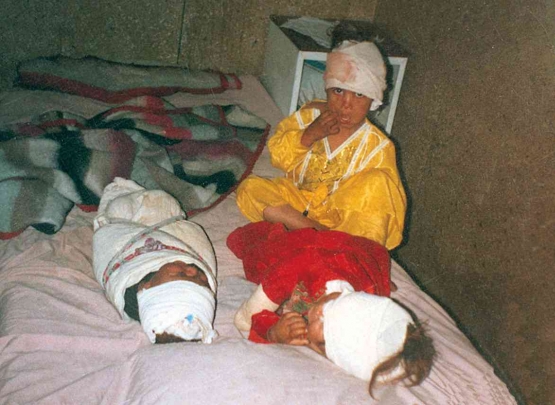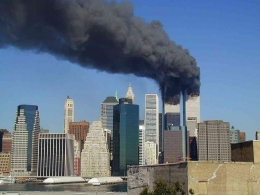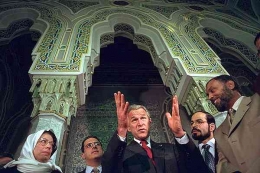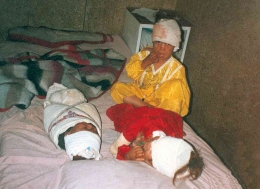The "war on terror" use war as a metaphor to depict a range of tactics taken to combat international terrorism that fall beyond the traditional definition of war. On September 16, 2001, George W. Bush, the 43rd President of the United States, used the phrase "war on terrorism."
The initial fight was aimed at al-Qaeda, with the major theater in Afghanistan and Pakistan, an area nicknamed "AfPak" later on.
In 2009, A criticism about war on terror by former United States Attorney General Ramsey Clark said in an interview that:
"Most of the politicians are putting it as Islamic terrorists, but what they really mean is the threat of Islam, so the idea of the war on Islam is the idea of extermination of a proportion never seen in history at any time."
According to Francis Yoshihiro Fukuyama, an American political scientist, "terrorism" is a tactic, and calling it a "war on terror" obscures differences between conflicts such as those involving anti-occupation insurgents and international mujahideen. with a military presence in Iraq and Afghanistan and the collateral damage that comes with it. The War on Terror caused total changes in U.S foreign policy towards Muslims Countries.

The number of people who have died thus far in the War on Terror, as it has been defined by the Bush Administration to encompass the war in Afghanistan, the war in Iraq, and operations elsewhere, is not a statistic that is generally accepted.
The overall number of estimated casualties is estimated by the International Physicians for the Prevention of Nuclear War, Physicians for Social Responsibility, and Physicians for Global Survival to be between 1.3 million and 2 million.
Between 480,000 and 507,000 people are estimated to have died in Iraq, Afghanistan, and Pakistan as a result of the War on Terror in another study conducted by Brown University's Watson Institute for International and Public Affairs in 2018 and 2019.
The multitrillion dollar, decade-long War on Terror has cost significantly more than was anticipated and is supported by hypocrisy.
According to a number of western media sites, including Time and The Guardian, the accused mastermind of the September 11, 2001, attacks was a member of the mujahideen, who were financed, armed, trained, and helped by the CIA to fight the Soviet Union after it intervened in Afghanistan in 1979.










